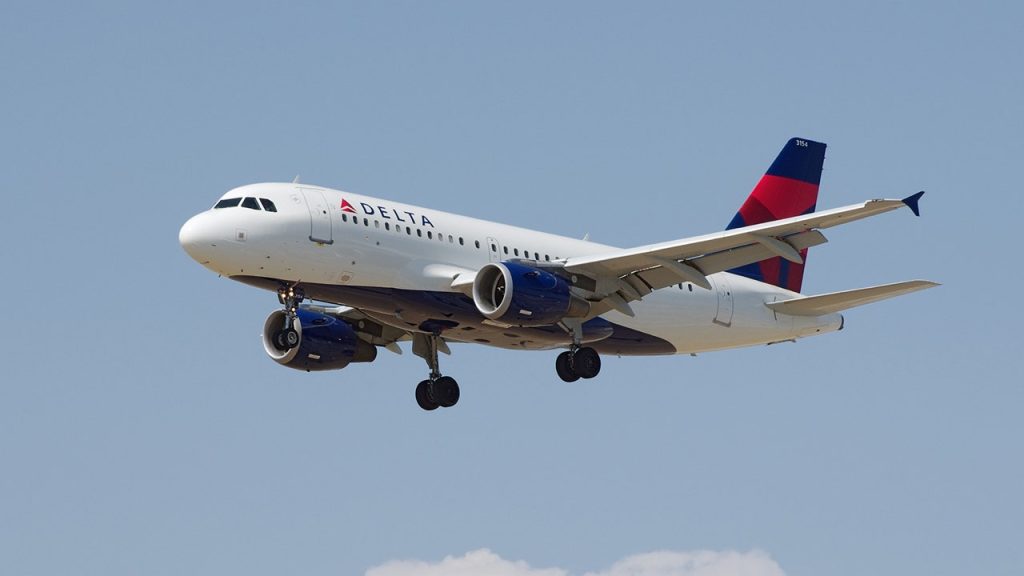Incident Overview:
On Saturday, February 1st, Delta Air Lines Flight 2090, an Airbus A321 carrying 158 passengers, encountered an unusual situation mid-flight. The flight, originating from John F. Kennedy International Airport (JFK) in New York City and destined for Orlando International Airport (MCO) in Florida, was diverted to Raleigh-Durham International Airport (RDU) in North Carolina due to an unidentified odor in the cabin. The diversion occurred sometime after the flight’s departure at 11:41 a.m. EST, disrupting the scheduled 2:30 p.m. EST arrival in Orlando.
Delta’s Response and Passenger Accommodation:
Delta Air Lines promptly acknowledged the incident and issued a statement confirming the diversion and safe landing of the aircraft in Raleigh. The airline expressed apologies to the affected passengers for the unexpected delay in their travel plans. Upon landing at RDU, Delta took steps to minimize the disruption for their customers. Passengers were offered two primary options: transfer to a new aircraft to complete their journey to Orlando or rebooking on earlier flights to their final destinations, if available. The replacement flight eventually arrived in Orlando just before 9:00 p.m. EST, marking a significant delay of approximately five and a half hours.
The Mysterious Odor and Lack of Explanation:
The precise nature of the odor that prompted the diversion remains unclear. Delta Air Lines has not publicly disclosed the source or composition of the smell, leaving it a subject of speculation. The absence of official information regarding the odor raises questions about the potential causes, ranging from minor issues like spilled cleaning chemicals or malfunctioning air conditioning systems to more serious concerns involving mechanical or electrical problems. Without a detailed explanation, it’s difficult to assess the level of risk posed by the odor and the necessity of the diversion.
Parallel Incident Involving United Airlines:
Coincidentally, another unrelated incident involving an aircraft malfunction occurred over the same weekend. A United Airlines flight, Flight 1382, experienced an engine fire during takeoff from George Bush Intercontinental Airport in Houston, Texas. The flight, also bound for New York, was forced to evacuate passengers and crew onto the runway using a combination of slides and stairs. While no injuries were reported, the incident underscores the inherent risks associated with air travel and highlights the importance of swift and effective responses to unexpected emergencies.
The Role of Regulatory Authorities:
Both incidents are likely to be subject to investigation by the Federal Aviation Administration (FAA), the governing body responsible for ensuring the safety and efficiency of civil aviation in the United States. The FAA’s investigations will aim to determine the root causes of both the Delta Air Lines odor issue and the United Airlines engine fire. These investigations are critical for identifying potential systemic problems, implementing corrective actions, and preventing similar incidents from occurring in the future. The findings from these investigations will be crucial in informing safety protocols and enhancing the overall safety and reliability of air travel.
Conclusion: A Weekend of Air Travel Disruptions:
The weekend witnessed two separate incidents involving commercial airliners, highlighting the inherent complexities and potential challenges of air travel. While the Delta Air Lines odor incident appears to have been resolved without any reported injuries or major safety breaches, the incident underscores the importance of thorough investigations to identify and address underlying causes. The United Airlines engine fire, while more dramatic, also demonstrates the effectiveness of emergency procedures and the resilience of both crew and passengers in the face of unforeseen events. Both incidents serve as reminders of the ongoing efforts required to maintain the highest standards of safety and operational efficiency in the aviation industry.


